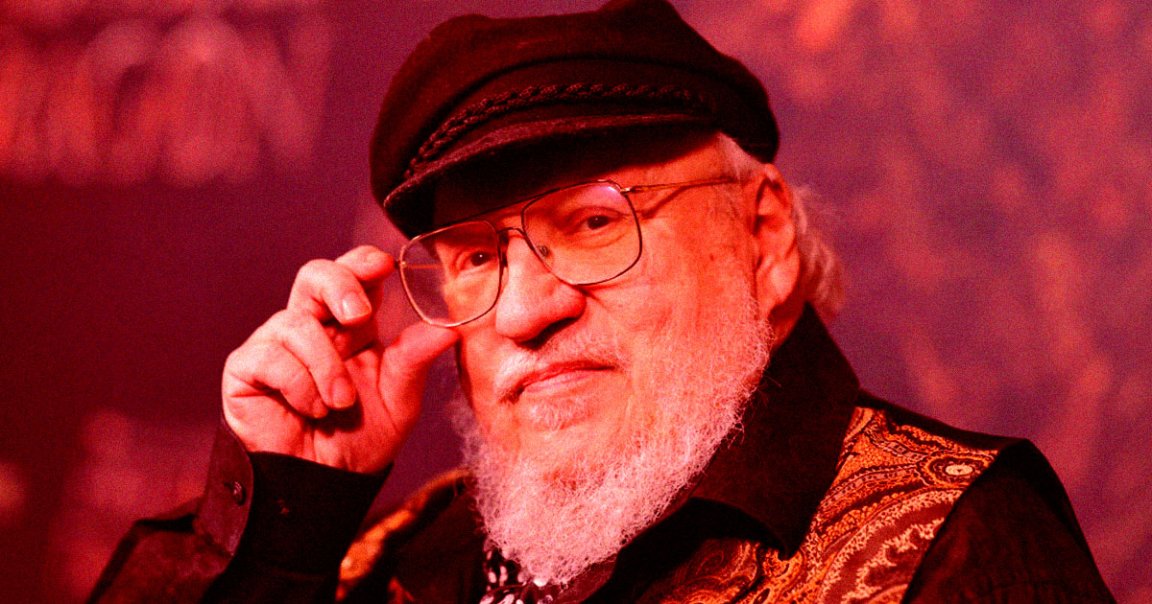
Copyright Conundrum
Last week, a number of high-profile authors — including George R. R. Martin of “Game of Thrones” fame and the acclaimed legal novelist John Grisham — filed a lawsuit against OpenAI, alleging that its ChatGPT chatbot is infringing their copyright by directly drawing on work.
And according to legal experts, they may actually have a decent chance of winning the case.
“If anyone is going to win on the straight-up copyright infringement claims against OpenAI, this is probably the lawsuit that has the best chance of it,” James Grimmelmann, a digital and information law professor at Cornell University Law School, told ABC News.
Pandora’s Box
It’s a thorny legal battle that will likely drag on for quite some time. Complicating matters significantly is the secrecy with which OpenAI shrouds what exactly ChatGPT is doing. We don’t know exactly what data it’s ingesting, or what it’s doing with it all — a confusion, gallingly, that’s likely shared by its own researchers.
“The big claim is that the ingestion of works of authorship as training data is itself a reproduction of the works,” Pamela Samuelson, a professor at the University of California, told ABC.
In simple terms, the allegation is that OpenAI is infringing copyright simply by scanning the authors’ works and training its algorithms with them.
But is it even copying books, or simply scanning them without ever technically reproducing them? While the distinction may sound pedantic, that’s the kind of thing lawyers will be combing over to prepare for the legal showdown.
“We know how copyright infringements operate but we don’t know how these data sets work,” Brian Buckmire, an ABC News legal contributor, told the broadcaster. “We don’t even have the ability to look under the hood to see what type of information they are and are not using.”
Authorship Anarchy
Regardless of the outcome, this latest lawsuit — it’s far from the first copyright challenge aimed at OpenAI — could force the company to shed some light on the matter and “open the pandora’s box,” according to Buckmire.
Meanwhile, OpenAI and Meta are trying to have a previous challenge filed by comedian Sarah Silverman dismissed on the grounds that the company’s conduct fell under “fair use,” a “famously open-ended” legal doctrine, per Grimmelman.
OpenAI has so far been largely quiet on the latest complaint filed by the authors, offering only sweeping comments about having “constructive discussions in general with creators” to various outlets.
If OpenAI were to successfully have the lawsuit dismissed, it could set a troubling precedent allowing anybody to “create an AI model by training it on almost any data they can find,” as Grimmelman told ABC — and that should have any content creator worried.
More on the challenge: OpenAI Trembles as John Grisham Joins Lawsuit Targeting ChatGPT